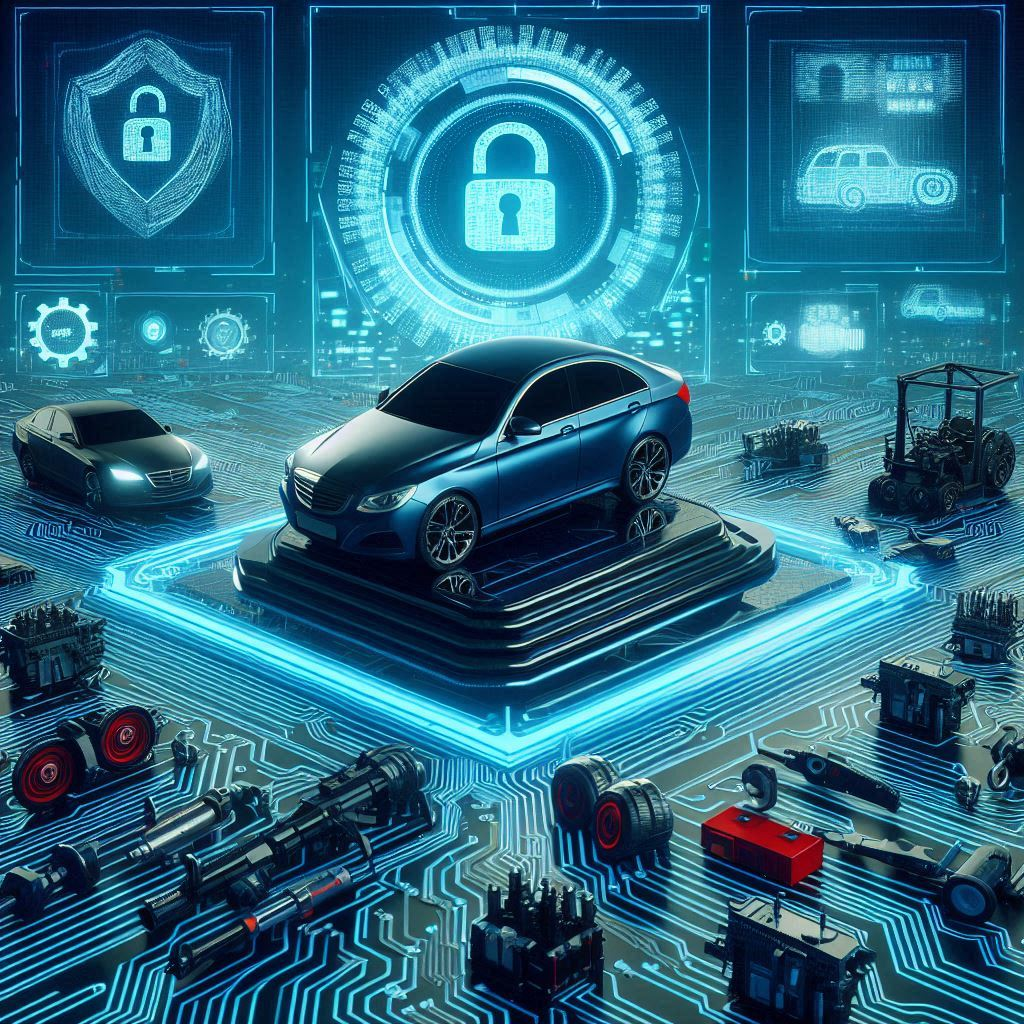Posted On 10 Sep 2024
In our increasingly connected world, even our cars are vulnerable to cyber threats. Yes, your car can be hacked, and the consequences can range from inconvenient to downright dangerous. Let’s explore how hackers can attack vehicles and what you can do to protect yourself.
The Vulnerabilities
- Tire Pressure Monitoring Systems (TPMS): These systems alert you when your tire pressure is too low or high. However, hackers can trigger false warnings or even track your vehicle remotely through TPMS.
- Disabling Brakes: Microprocessors control your brakes. If a hacker gains access to your onboard computer, they could disable your brakes or stop the engine.
- Manipulating Vehicle Diagnostics: Repair shops rely on diagnostics systems to identify issues. Unscrupulous mechanics might manipulate these systems to convince you of unnecessary repairs.
- Changing Settings: Hackers can alter small but critical settings, like your radio station or GPS destination. Imagine driving to a different location without realizing it!
- MP3 Malware: Even your car stereo isn’t safe. Malware-infected music downloads can infiltrate your infotainment system and spread to other critical systems.
- Forced Acceleration: Power locks can be manipulated, affecting your driving experience.
Prevention Tips
- Stay Updated: Regularly update your car’s software. Manufacturers release patches to fix vulnerabilities.
- Secure Your Wi-Fi: If your car has Wi-Fi, use a strong password and avoid public networks.
- Disable Unnecessary Features: Turn off features you don’t need, reducing potential attack surfaces.
- Be Cautious with USB Drives: Avoid plugging unknown USB drives into your car’s infotainment system.
- Choose Reputable Mechanics: Visit trustworthy repair shops to avoid diagnostic manipulation.
- Use Common Sense: Don’t download suspicious files or apps to your car’s systems.
Remember, while car hacks are rare in the wild, it’s essential to stay informed and take preventive measures. Your car’s security matters just as much as your home’s or smartphone’s. Stay safe out there!









